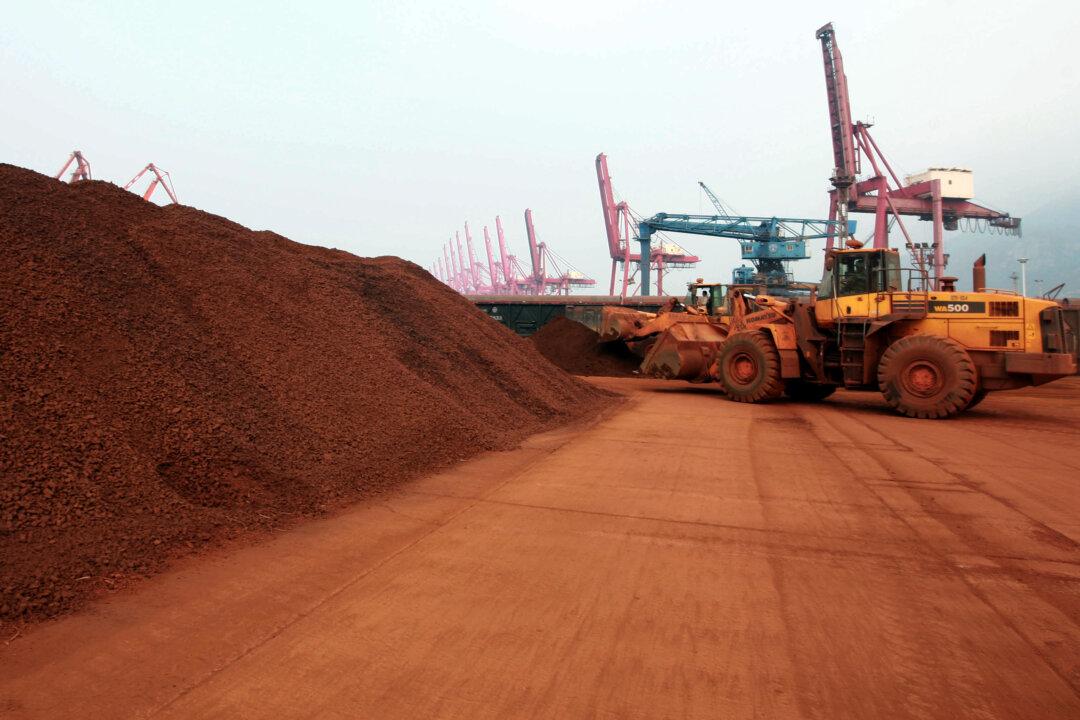Canada should take the lead in processing rare earth minerals as its allies seek to spread their supply chains out in order to avoid over-reliance on exports from authoritarian countries like China, said a panel of experts.
While China holds the lion’s share in providing for the global market of critical minerals and rare earths, it does not share the same environmental and labour standards as the western world, noted experts at a virtual panel discussion hosted by Macdonald-Laurier Institute (MLI) on Oct. 22.
“China has the market on 80 percent of the processing of critical minerals and rare earths, so the whole world is beholden to China. Our supply chains are completely beholden to China,” said Maryscott Greenwood, CEO for the Canadian-American Business Council, in a pre-recorded video for the panel.





